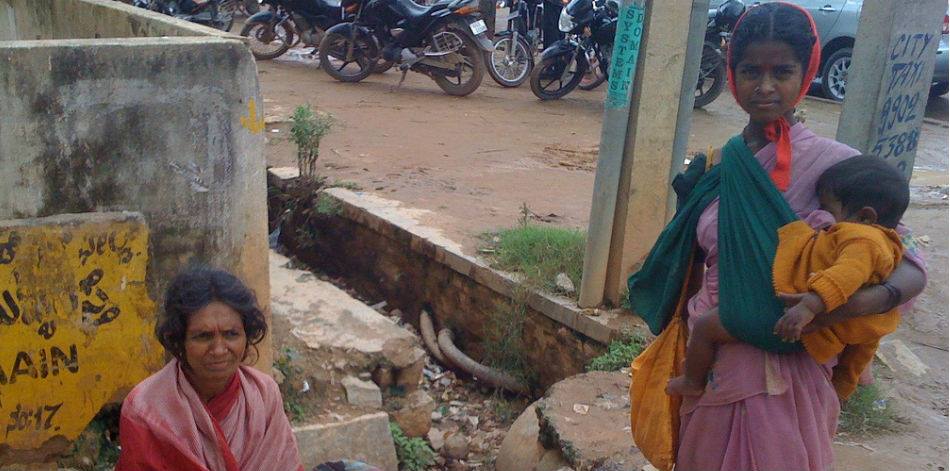
Why taxing the rich increases poverty: Broadly speaking, our intellectual politico-economic arsenal of strategies to alleviate poverty contains two competing ideas: income redistribution, and free market economic growth. The first relies on the compelling force of government, the second on individual freedoms. As citizens, our task is to choose the least flawed idea from this toolkit of imperfect alternatives. Let’s take a closer analytical look.
In our society, there are millions of wealthy individuals who have more that enough resources to meet all their needs. They live alongside millions of others who do not have enough money for even their most basic needs. It is seductive to argue that we could maximize happiness, in economic terms, by redistributing resources from the rich to the poor.
- Read More: Chile and Argentina Eliminate Double Taxation to Spur Economic Growth
- Read More: Foreign Companies Are Fleeing Colombia to Escape Oppressive Taxation
The moralities of this redistribution idea flow from a concept economist fancily call the “diminishing marginal utility of wealth.” By this, economists mean that each additional dollar we earn brings us less happiness than the dollar before it. This is because we allocate our income to satisfy our most urgent needs first -our most highly valued uses.
For example, a poor homeless person will benefit greatly from $100 to be used for food and basic necessities. On the other hand, the same amount would not create much additional happiness for a millionaire. So, according to the redistribution argument, transferring wealth from someone abundantly rich to someone poor will increase the overall happiness of society, and this is the moral thing for governments to do.
However, the “diminishing marginal utility of wealth” principle upon which the redistribution argument relies is not geographically bounded. It is universal. That is, there are people across the globe far poorer that even the poorest in the United States. Thus, the “diminishing marginal utility of wealth” principle, should lead us to policies that prioritize alleviating global poverty- not just domestic poverty- via redistribution of wealth from our poor to the world’s poorest. After all, the marginal utility of $100 to someone in impoverished Africa may be far greater than to someone in our poorest cities.
Yet, the strategy of income redistribution has an even more pernicious, often unrecognized flaw. Redistribution does not just transfer resources from one person to another; it reduces the aggregate resources available to society at large. And again, this effect can be traced to the “diminishing marginal utility of wealth” principle.
Think of it this way. Money can be used for consumption or investment, i.e., production. For the rich, given that their most basic consumption needs are already satisfied, production becomes a more highly valued use of money than consumption. As income rises, the diminishing marginal utility of consumption leads to the allocation of more resources to production. Investment is valued higher than consumption.
But redistributive policies work to reduce the incentives to produce. If we are truly concerned with social happiness, we should encourage economic production and growth. Policies that reduce investment for the sake of short-term consumption slow down economic growth and increase poverty.
Free markets are deceptively powerful mechanisms to reduce poverty, and we underestimate the power of economic growth as a poverty reduction strategy. Economist, and political philosopher Tyler Cowen reminds us that: “If a country grows at a rate of 5 percent per annum, it takes just over 80 years for it to go from a per capita income of $500 to a per capita income of $25,000. At a growth rate of 1 percent, that same improvement takes 393 years.”
Moreover, one of the great virtues of free markets is that markets promote the reduction of poverty and social happiness without anyone trying. As Adam Smith noted, “It is not from the benevolence of the butcher, the brewer, or the baker that we expect our dinner, but from their regard to their own interest.”
Markets have shortcomings, and we may consider them an inadequate poverty reduction strategy if there were a feasible alternative that would do a better job. But there is no better alternative. Redistribution, necessarily contributes to slowing down growth rates, and we should understand the harm that this byproduct of income redistribution causes the poor.
 Versión Español
Versión Español












